Pre-Construction vs. Resale Homes in 2025: Which Is the Smarter Investment?
Investing in real estate remains a cornerstone strategy for wealth building in Canada. As of 2025, investors are faced with a pivotal decision: should they invest in pre-construction properties or opt for resale homes? This analysis delves into the pros and cons of each option, with a focus on market data from Toronto and Calgary.
Pre-Construction Homes: Advantages and Disadvantages
Advantages:
Customization Opportunities: Investors can often select finishes and layouts, tailoring the property to market preferences, which can enhance future resale value.
Modern Amenities: New builds come equipped with the latest technologies and designs, appealing to contemporary buyers and tenants.
Extended Appreciation Period: Purchasing at today's prices for a future-ready property allows investors to benefit from potential market appreciation during the construction phase.
Disadvantages:
Delayed Returns: The time between purchase and project completion can span years, delaying rental income or resale profits.
Market Volatility: Economic shifts during construction can impact property values, potentially reducing anticipated returns.
Higher Initial Costs: Pre-construction purchases often require substantial deposits and may incur additional costs such as development levies.
Resale Homes: Advantages and Disadvantages
Advantages:
Immediate Cash Flow: Resale properties can be rented out or sold shortly after purchase, providing swift income streams.
Established Market Data: Investors can analyze historical performance to make informed decisions.
Potential for Value-Add: Renovations and improvements can increase property value and rental income.
Disadvantages:
Maintenance Costs: Older properties may require significant upkeep, impacting profitability.
Limited Customization: Altering existing structures can be costly and constrained by design limitations.
Competitive Market: Desirable resale properties often attract multiple offers, driving up purchase prices.
Market Insights: Toronto and Calgary
Toronto:
In January 2025, the Greater Toronto Area (GTA) experienced a 10% increase in home sales from the previous month, totaling 5,971 units. However, sales were still down 10.7% compared to January 2024. The home price index remained stable month-over-month at C$1,089,300, with a slight 0.7% increase from the previous year. The Toronto Regional Real Estate Board (TRREB) forecasts a 12.4% rise in home sales and a 2.6% increase in the average selling price in 2025.
It's noteworthy that pre-construction condominium sales have slowed, leading to concerns about future housing supply in the city.
Calgary:
Calgary's housing market has shown resilience, with the average home price reaching $605,026 in January 2025, marking a 6.3% year-over-year increase. Detached homes averaged $779,815, a 2.7% annual growth. The city has returned to a balanced market, with a sales-to-new listings ratio of 50%.
The luxury segment in Calgary has also seen significant activity, with a 42% increase in sales over $1 million and a 100% rise in transactions over $4 million, driven by population growth and increased housing demand.
Price Appreciation Trends
Nationally, the Canadian housing market showed signs of moderation in December 2024, with the average home price decreasing to $676,640, a 2.6% decline from November. However, on an annual basis, the average home price was up 3% year-over-year.
In its 2025 outlook, Royal LePage projected a 6.0% increase in the aggregate price of a home by the fourth quarter of the year compared to the same period in 2024.
Incentives and Closing Timelines
Developers of pre-construction properties often offer incentives such as upgraded finishes, flexible deposit structures, or closing cost assistance to attract buyers. However, closing timelines can be unpredictable due to construction delays, which may affect investment planning.
Resale properties typically have more straightforward and quicker closing processes, allowing investors to capitalize on market conditions promptly.
Conclusion
The decision between investing in pre-construction versus resale homes in 2025 hinges on individual investment goals, risk tolerance, and market conditions. Pre-construction properties offer customization and potential for appreciation but come with delays and market uncertainties. Resale homes provide immediate income and established value but may require maintenance and face competitive bidding. Investors should conduct thorough market research, consider local trends in cities like Toronto and Calgary, and align their choices with their financial objectives.

